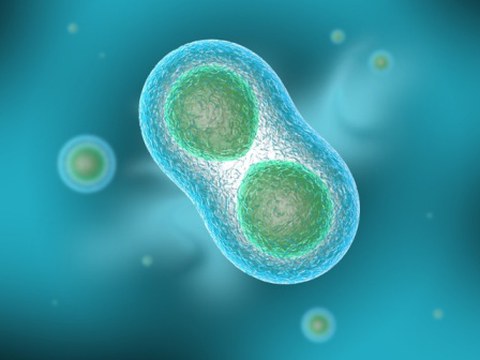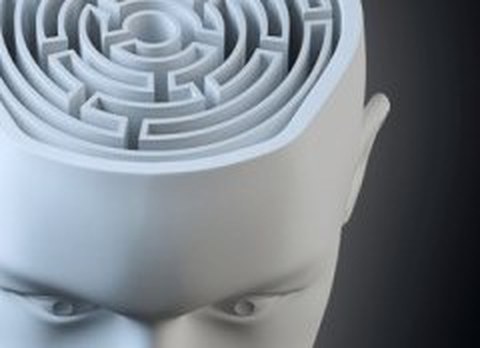Faculties
Faculty of Biology
Since its re-establishment as a dynamic structural unit, the Faculty of Biology has become anew. With its wide range of subjects it offers modern professional training in applied and molecular biology. The excellent infrastructure offers students the best conditions in Bachelor's and Master's programmes which have a highly practical focus. Dresden has developped into a leading location for biotechnology particularly thanks to its manifold links to many other universities and institutions, such as Biotechnology Center, Center for Regenerative Therapies, Max Planck Institute of Molecular Cell Biology and Genetics, Center for Innovation Competence, European Centre for Emerging Materials and Processes Dresden. https://tu-dresden.de/mn/biologie
Faculty of Chemistry and Food Chemistry
In its teaching and research activities, the Faculty of Chemistry and Food Chemistry is closely related to other research institutions in the Dresden region. The main fields dealt with in the
department are material science (e.g. porous materials, nanotechnology)
and biology-oriented chemistry. The department belongs to the cfaed Cluster of Excellence, Center for Advancing Electronics Dresden. Research in the area of food chemistry focuses on the effect and evaluation of food ingredients. In addition to Bachelor’s, Master’s, Diploma, and teacher training programmes provided at the faculty, an integrated Franco-German programme “Chemistry” is offered. All students are involved in actual research as early as possible. https://tu-dresden.de/mn/chemie
Faculty of Mathematics
Mathematics is the primary language of science and technology. The research interests of the people speaking that language at the Faculty of Mathematics of TU Dresden range from optimisation, dynamical systems and partial differential equations to mathematical modelling and the numerical treatment of these subjects.
Stochastic processes and probabilistic methods in insurance and finance as well as the close interplay of geometry and algebra are further focus areas. Currently there are 750 graduates and undergraduates studying mathematics as their major. Mathematics as a minor is offered to the students of engineering, natural sciences and social sciences. All our degrees are research-based and offer an optimal start to a professional career in industry or academia. https://tu-dresden.de/mn/math
Faculty of Physics
According to the CHE Research Ranking, the Faculty of Physics belongs to the top 10 physics research faculties in Germany. The faculty's five institutes investigate, both theoretically and experimentally, a broad spectrum of current issues in physics, including the properties of solids, industry-oriented applications,elementary particles, and the origins of the universe. The faculty’s close links with other research institutions in the area, such as Fraunhofer, Helmoltz, Leibniz and Max Planck, and networking with the industrial sector make it a unique location for studying or doing research in physics. The discipline provides a broad education of physics at the highest level with a strong research-orientation and an international focus. https://tu-dresden.de/mn/physik
Faculty of Psychology
The Faculty of Psychology at TU Dresden is considered to be one of the leading institutes of Psychology in Germany. It is characterized by a scientific nature and is concerned with three focal points: cognitiveaffective neuroscience, clinical psychology and psychotherapy, and human performance in socio-technical systems. The faculty boasts an excellent infrastructure, including its own Neuroimaging Centre. Top-class international research is represented in numerous interdisciplinary research projects, such as the Collaborative Research Centre “Volition and Cognitive Control”. The discipline is taught on the Bachelor’s as well as the Master’s level, but also within all teacher training programmes, whereas the curriculum is broad and of the highest quality. https://tu-dresden.de/mn/psychologie





